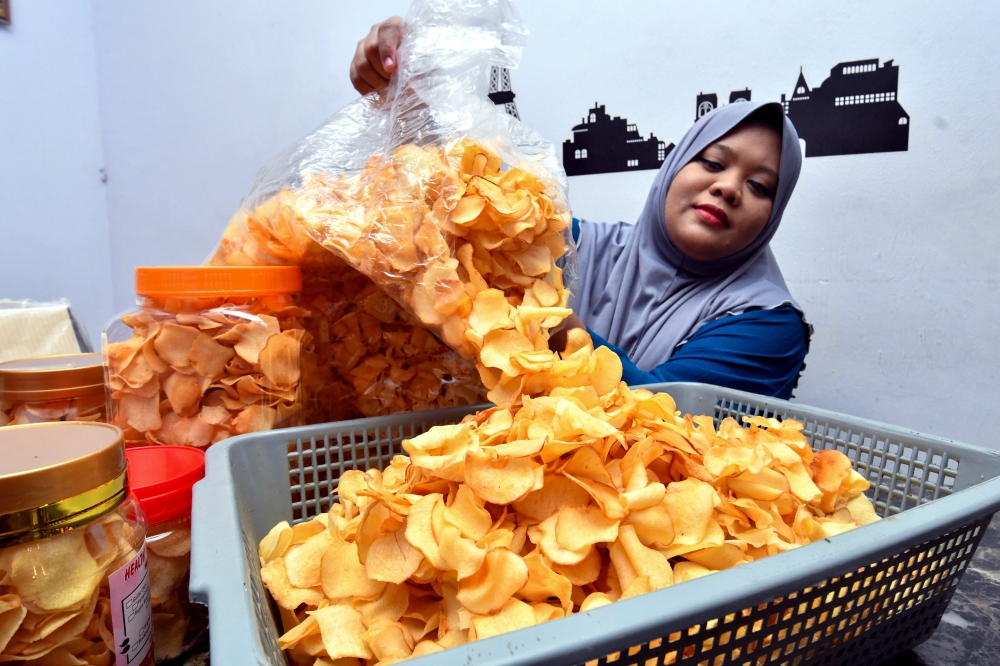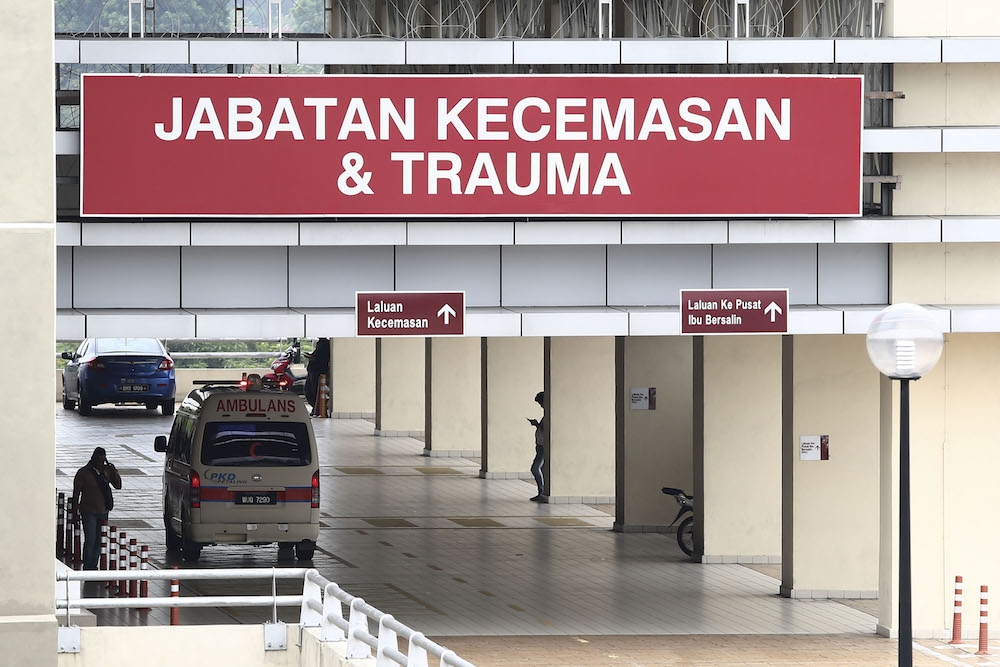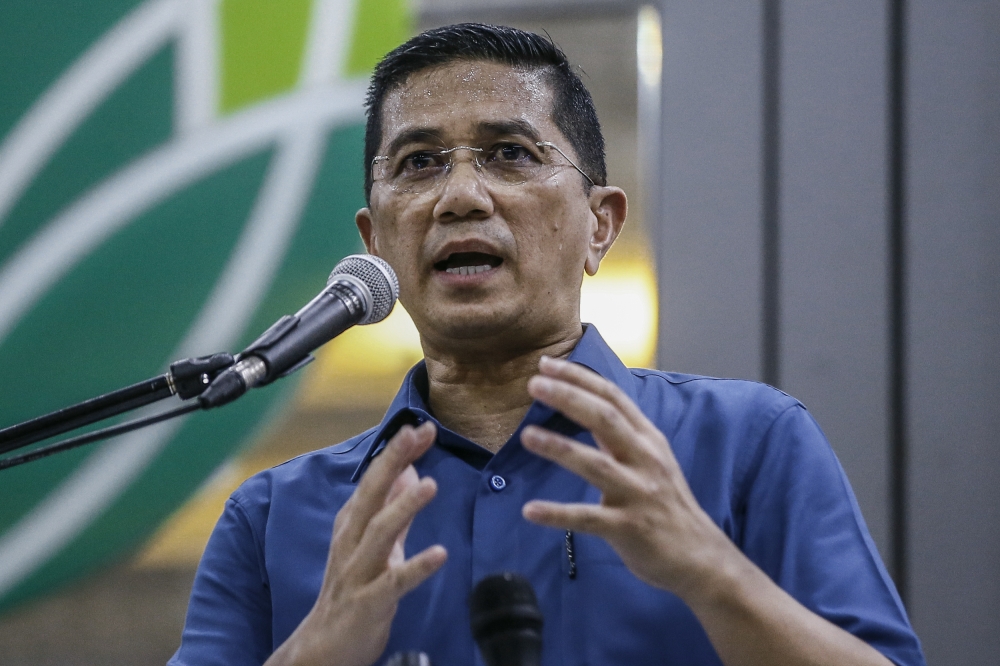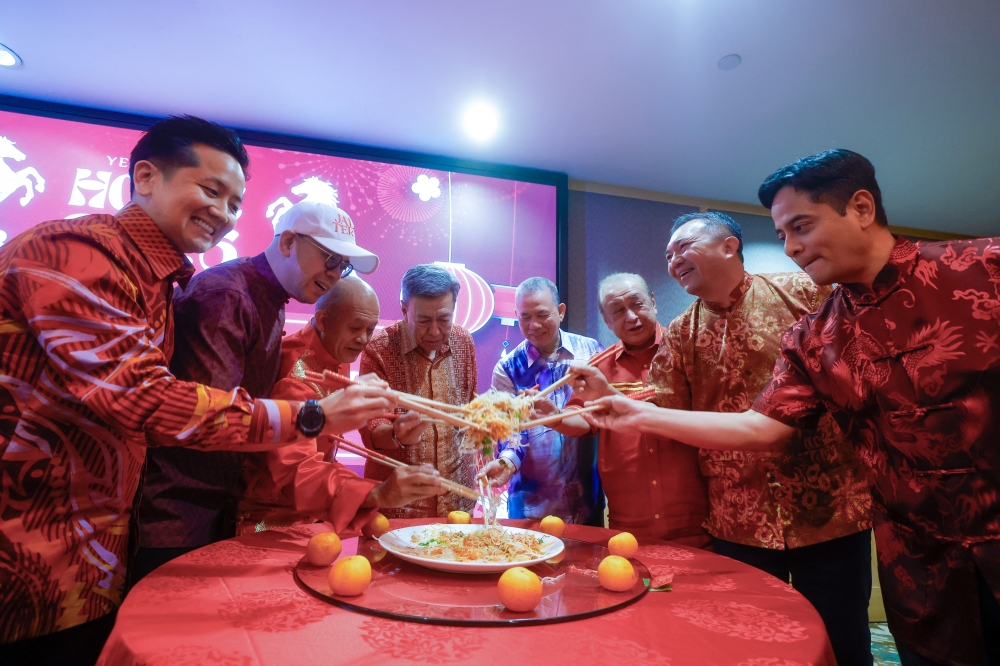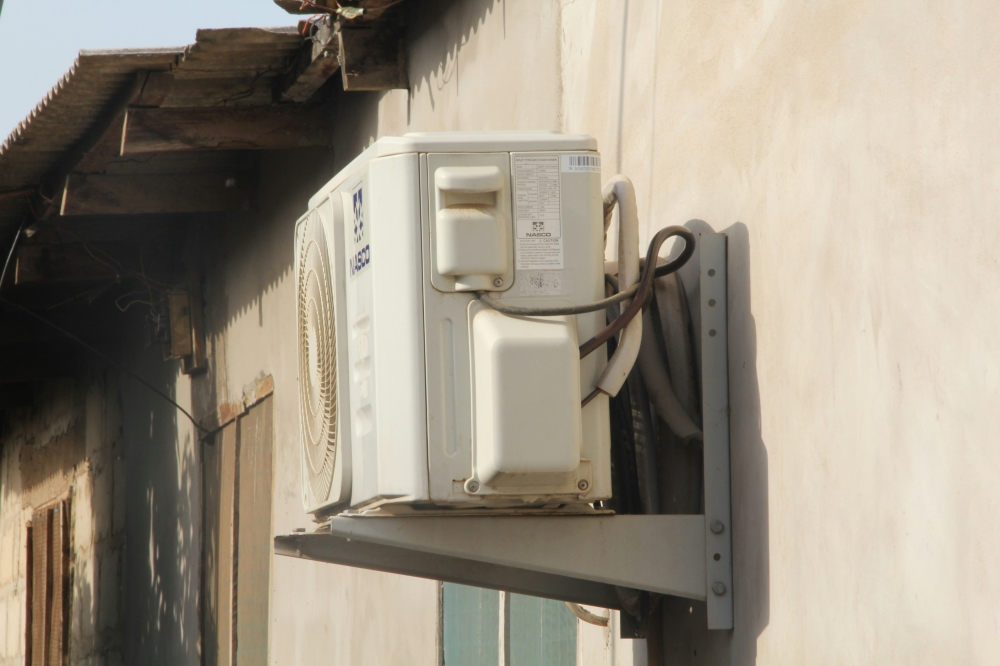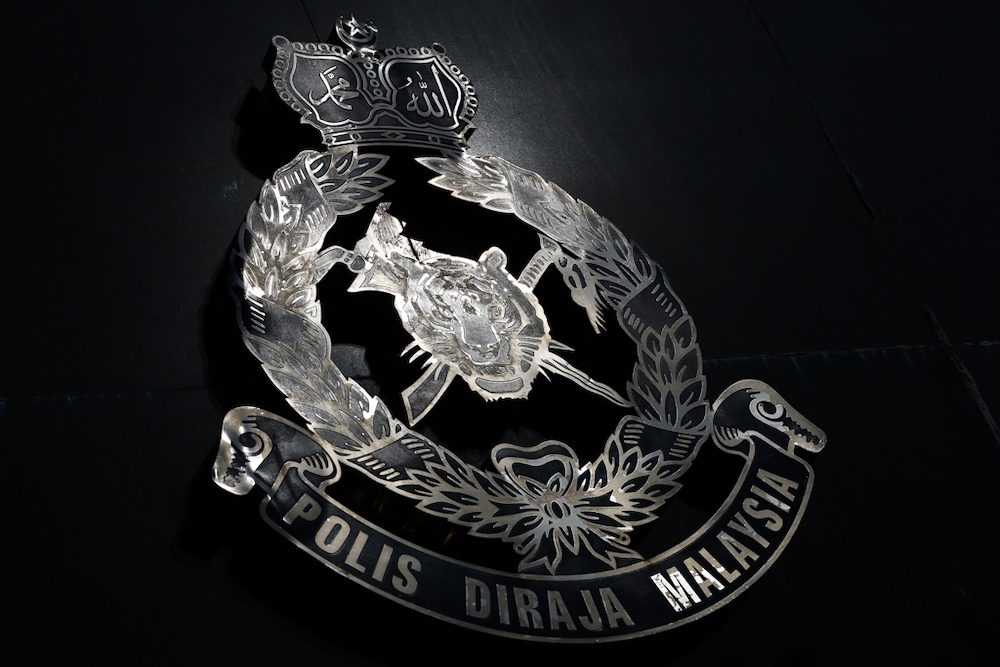GEORGE TOWN, Dec 4 — The MySejahtera app currently has about 24.5 million users with more people downloading the app daily despite allegedly false accusations that the government is using the app to spy on the public, a Ministry of Health (MoH) official said.
The unnamed official said there are now between 20,000 and 30,000 daily downloads while the app records an average of 17 million check-ins a day.
“We can say that about 70 per cent of the population of Malaysia has downloaded the app and are using the app to check in at places,” he said.
He said a recent viral video claiming the permissions required by the app meant the government is using it to spy on the public could lead to a few thousand users deleting the app.
He said such baseless claims not only caused unnecessary panic among users but could potentially lead to difficulties in conducting contact tracing.
“Those with the MySejahtera app would be immediately notified on the app to go in for swab tests if they have been in close contact with someone who had tested positive for Covid-19,” he said.
However, those without the app would only be notified via SMS or phone calls and this might take longer, up to three days, as the MoH team will have to go down to the field to trace these people through manual records.
He said MySejahtera is used to compile data for easier and faster contact tracing so that if there is a positive case, it can immediately extract the list of places the patient has been to in the last 14 days.
“If you ask anyone, can they remember every place they have been to in the last 14 days? So without the app, it would be a very tedious process to trace where the patient had been and who he had been in contact with as our officers will have to interview the patient and try to get them to remember,” he said.
The MySejahtera app would immediately have the data ready and MoH officers need only conduct a brief interview with the patient to gauge the duration and risk factors of each location they had been to.
For example, in one of the clusters, data retrieved from the app came up with more than 20,000 contacts to trace.
“We then corroborated that number with field data and fine-tuned it to about 400 close contacts who will have to be tested,” he said.
He said contact tracing was not as simple as testing everyone who had been in the same location and time as a patient.
“We take into account other risk factors such as whether the patient was wearing a mask, whether he had been in contact with anyone, whether he practised the SOP of staying one metre apart from others, whether he used a hand sanitiser or how long he was in one location,” he said.
As an example, a person who spent less than five minutes in a premises while following the SOPs has a lower risk factor than when he dined in a restaurant and was there for more than an hour.
So, if a Covid-19 patient had been to a petrol station, had only stopped by for less than five minutes and was adhering to the SOPs, those who visited the petrol station after him are at a lower risk.
“This is why we can never identify any location as an ‘infected’ area as there is no way to define a single area as an infected area,” he said.
He explained that even if a worker in a place was tested positive, that does not mean the place is an “infected” area.
“There was a case where one worker in a shop tested positive but there were no other cases from that shop or other cases that were connected to the shop, so it is wrong to say the shop is an ‘infected’ area,” he said.
Other than that, he said information related to a patient is confidential so the ministry cannot divulge anything about the patient especially their workplace and home address.
He said it was ironic that on one hand people are concerned about their personal data being misused by the government but on the other hand, they demand that the government reveal personal details related to Covid-19 patients especially the specific locations of their workplace or home.
He said thousands of MoH officers are on the ground daily to conduct contact tracing and it was a tedious task as field data has to be corroborated with the digital data from MySejahtera.
However, he said only a small handful of officers have access to the raw data extracted from MySejahtera to protect the privacy of the users.
“Only three people can extract raw data from the app and we have only five people in charge of MySejahtera data directly as we do not want too many people handling these data,” he said.
This meant that not everyone has access to the data in MySejahtera and data will only be released upon confirmation of a positive case, he added.
He said MySejahtera is a very effective app for contact tracing that even Singapore is emulating.
“It is part of our pandemic response system that won us an award recently too,” he said, referring to the award of runner-up for Covid-19 Tech Solutions for Countries & Regions category in the 2020 WITSA Global ICT Excellence Awards.
Health Director-General Tan Sri Dr Noor Hisham Abdullah was forced to assure the public last month that MySejahtera app will not be used to track those who flee from an area under a movement control order (MCO), following the police’s assertion of planning to do so.
MoH also then said that Malaysians need not fear their personal details in the MySejahtera app used to record their visits to shops and such will be misused, as they are fully owned by the Health Ministry of Malaysia and supervised by the National Cyber Security Agency and the National Security Council.






